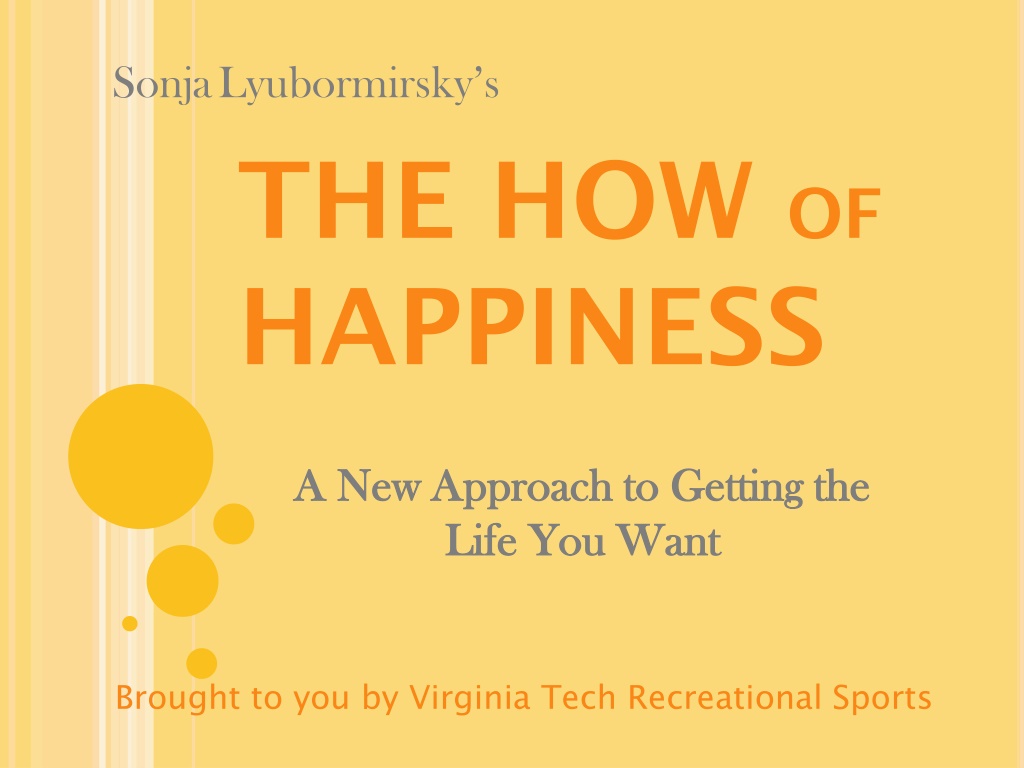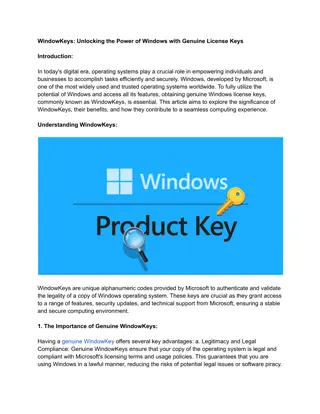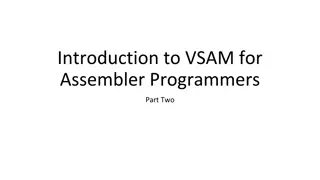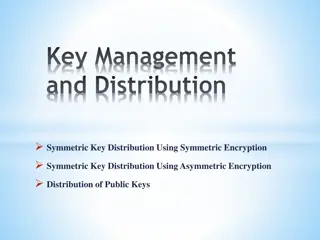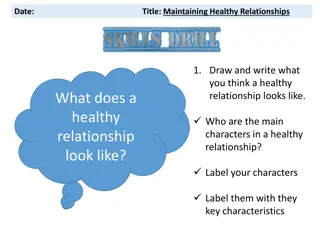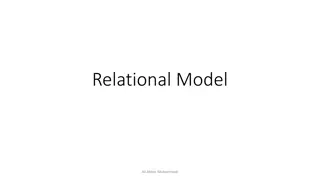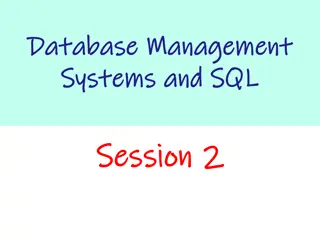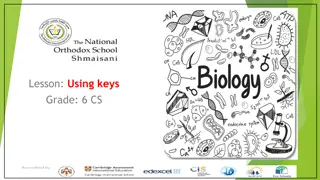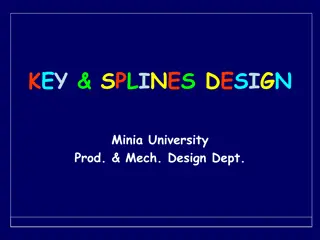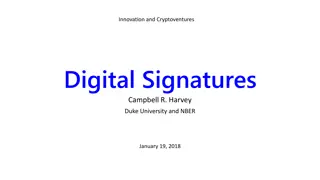Keys to Lasting Happiness: Insights from Sonja Lyubomirsky's Book
Explore the science-backed strategies for achieving lasting happiness as outlined in Sonja Lyubomirsky's book "The How of Happiness." Discover the importance of behavior change, motivation, and sustaining happiness for personal success and well-being. Uncover myths about happiness and learn about the 12 key behaviors that can enhance your life satisfaction.
Download Presentation

Please find below an Image/Link to download the presentation.
The content on the website is provided AS IS for your information and personal use only. It may not be sold, licensed, or shared on other websites without obtaining consent from the author. Download presentation by click this link. If you encounter any issues during the download, it is possible that the publisher has removed the file from their server.
E N D
Presentation Transcript
SonjaLyubormirskys THE HOW OF HAPPINESS A New Approach to Getting the A New Approach to Getting the Life You Want Life You Want Brought to you by Virginia Tech Recreational Sports
HOWWEGOTHERE Why we were seeking resources: Part of our job is to provide exercise consultations with individuals trying to change behaviors (eating disorder and beginning exercise) Regularly looked for good resources and found this book The appeal was: Focus on behavior change scientific approach Focused on other factors that can improve motivation in exercise- and other areas of life too!
WHYLANDONHAPPINESS An interest in promoting more than mere enjoyment and physical wellness Happiness is associated with: more engagement and better motivated better health & a stronger immune system better relationships increasedability to cope with everyday stress and major trauma It s not just about feeling good, but sustaining happiness in order to be more successful and live a more rewarding work and personal life
EVENTHEMEDIARECOGNIZES SEARCHING FOR HAPPINESS
HOH CONCEPTS The new normal a phenomenon known as hedonic adaptation Affective forecasting is being able to accurately estimate the affects of such events Impact Bias- overestimating the impact of a certain event Example: Broncos game- winning a football game vs. time spent with family/friends enjoying company
HAPPINESS MYTHS Circumsta- nces 10% Myth No. 1 Happiness must be found Myth No. 2 Happiness lies in changing our circumstances Myth No. 3 You either have it or you don t Set Point 50% Intentional Activity 40%
THE 12 BEHAVIORS Activity 1: Expressing Gratitude- being thankful Activity 2: Cultivating Optimism- focusing on positives Activity 3: Avoiding Overthinking and Social Comparison- at work and in personal life Activity 4: Practicing Acts of Kindness Activity 5: Nurturing Social Relationships- quality vs. quantity Activity 6: Developing Strategies for Coping Activity 7: Learning to Forgive- for yourself Activity 8: Increasing Flow Experiences- what is truly engaging to you? Activity 9: Savoring Life s Joys Activity 10: Committing to Your Goals- what is valuable to you? Activity 11: Practicing Religion & Spirituality Activity 12: Taking Care of Your Body (Meditation and Physical Activity)
THRIVING AT WORK (ORATANYTHING) Believe in yourself- A person s ability to thrive in a situation is often correlated with their confidence (self-efficacy). If you truly believe you can, often, you will. Example: Being confident in your skills and abilities Anticipate the bumps- be realistic and try to eliminate barriers. If you can t eliminate barriers, try to come up with ways to minimize their impact. Example: You always experience burn out at the end of the semester Get support- friends, family, online communities- having a support and encouragement network is key Example: a walking or exercise group that keeps you accountable and offers support; coworkers during difficult times
CONT.. Make Yourself a Priority-You can t expect to change the world running on empty Example: Turn off email on weekends, take your lunch break Challenge yourself and change things up- If every day is the same, it s hard to stay enthusiastic Example: Start a new project, learn a new professional skill, get involved in a new committee or organization, start a new office-culture initiative Remember the deeper meaning-Sometimes it s easy to forget the reason for the long hours, tough conversations, etc. but if you remember the deeper meaning of being a part of UCCS and higher education, you may find yourself reigniting the fire!
FURTHER INFORMATION Any last questions or comments? Contact: Katie Gordon kgordon4@uccs.edu Student Health Center
